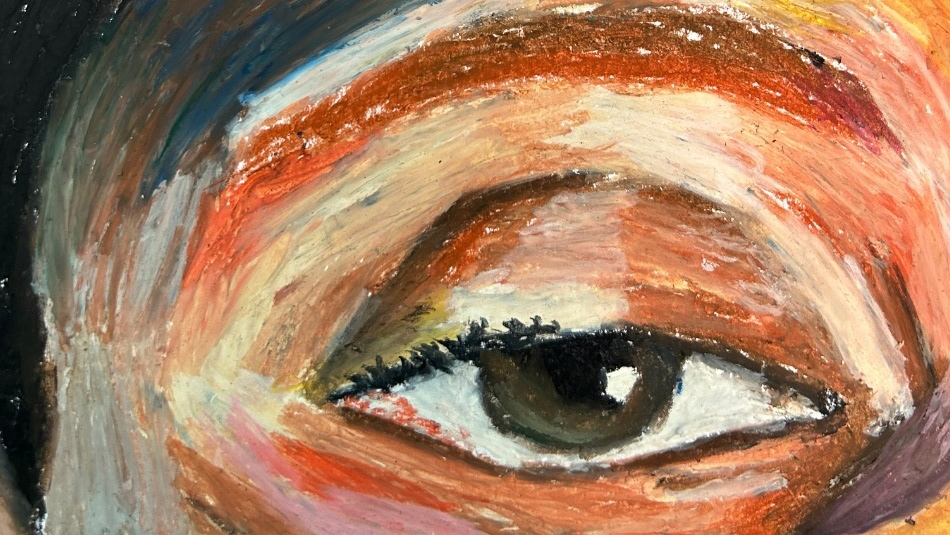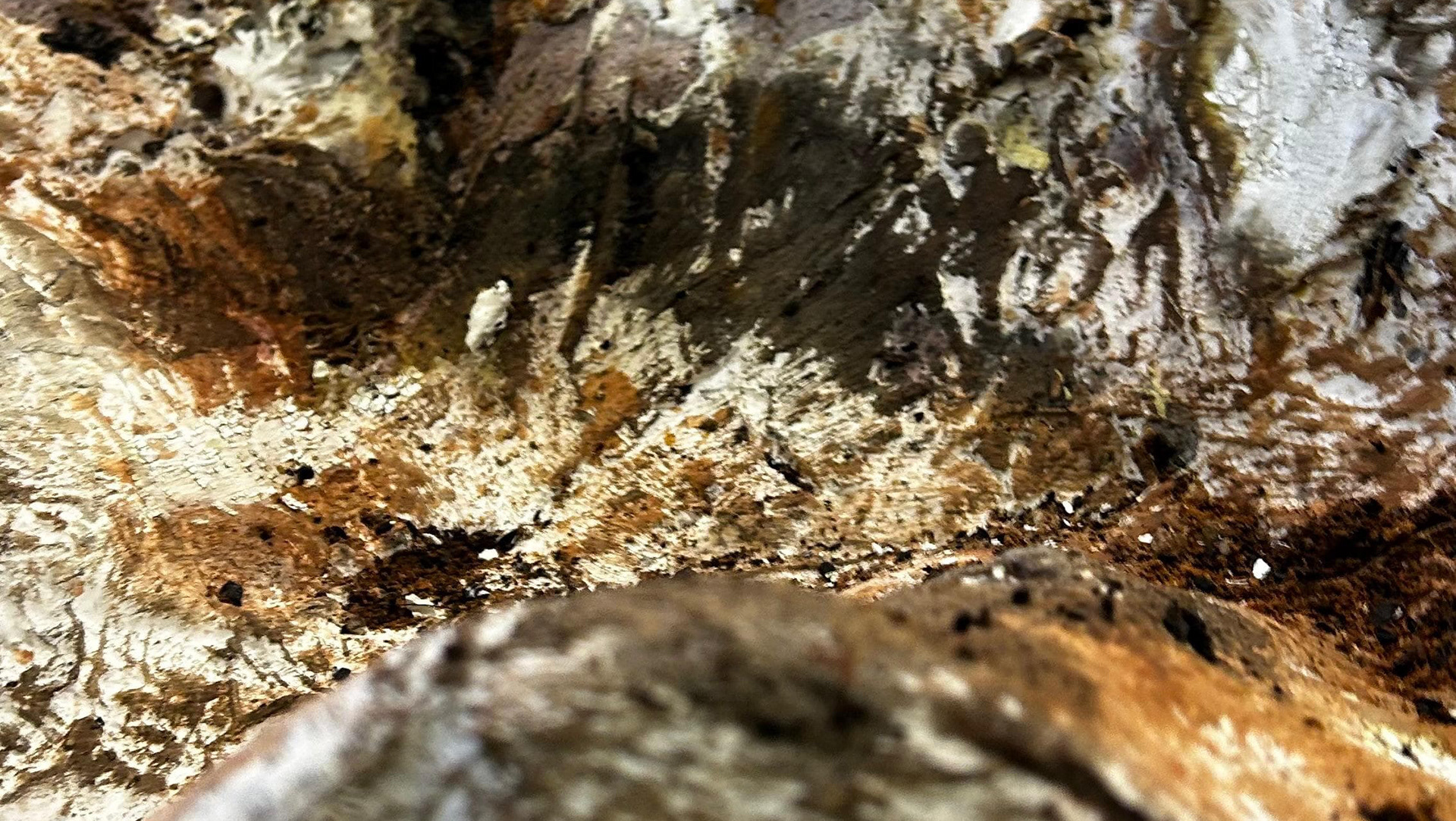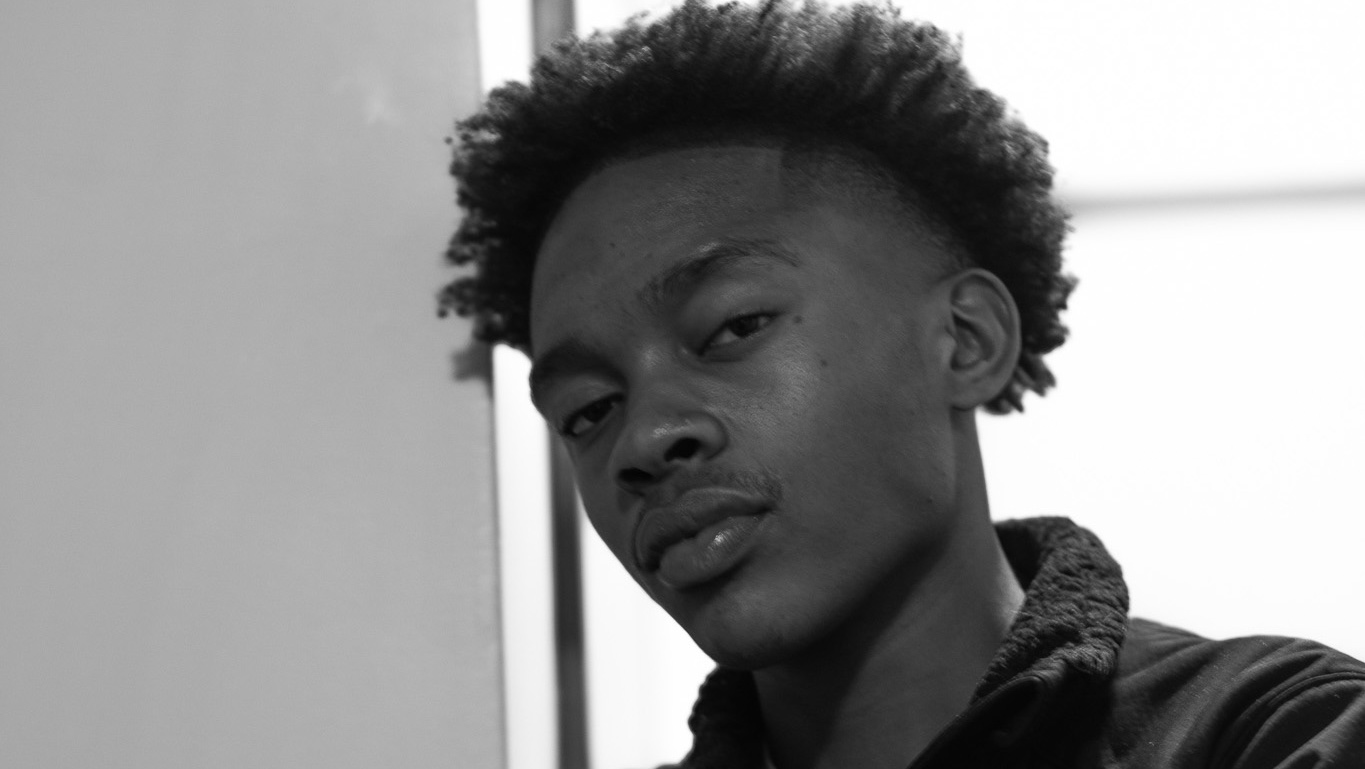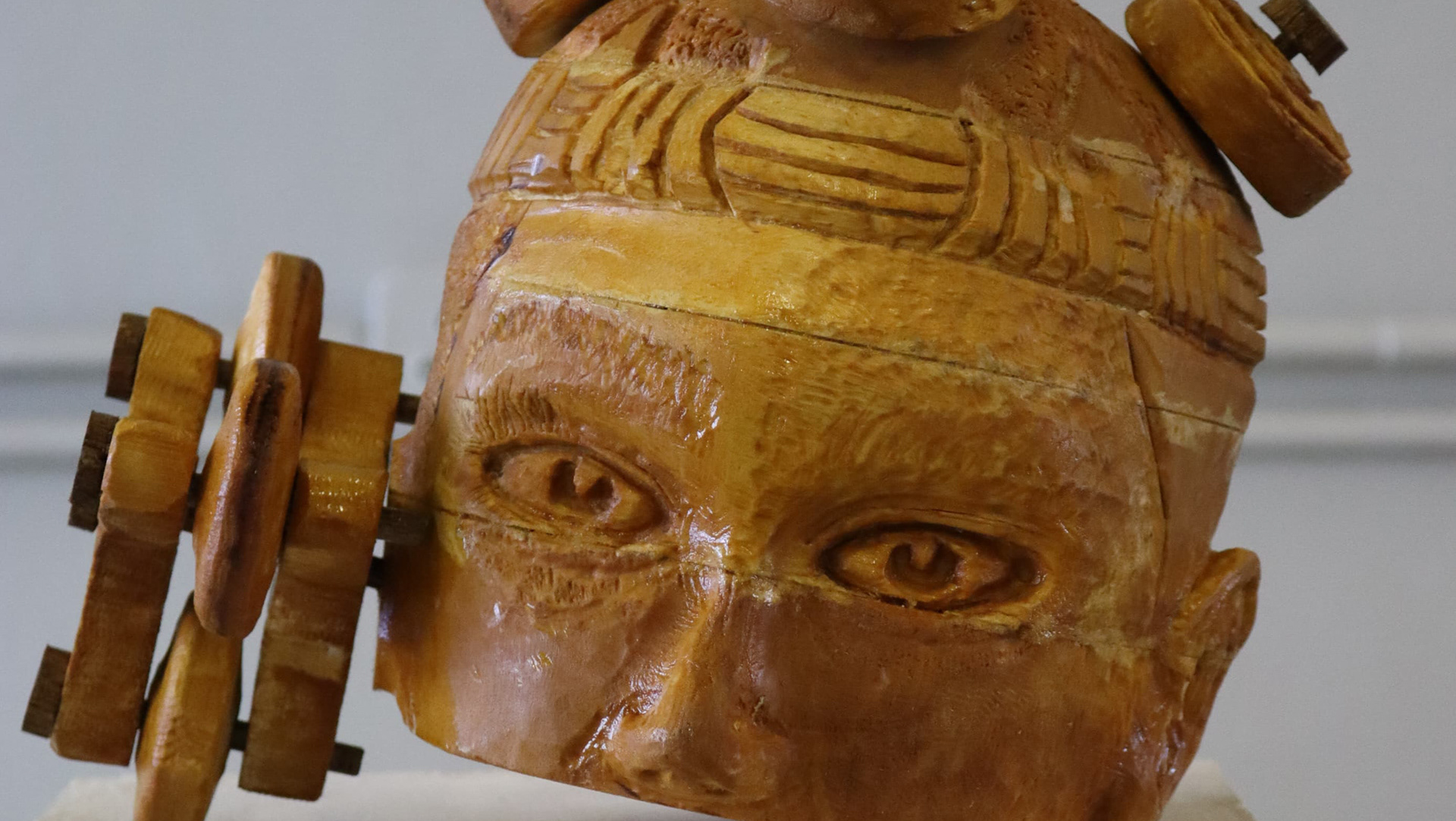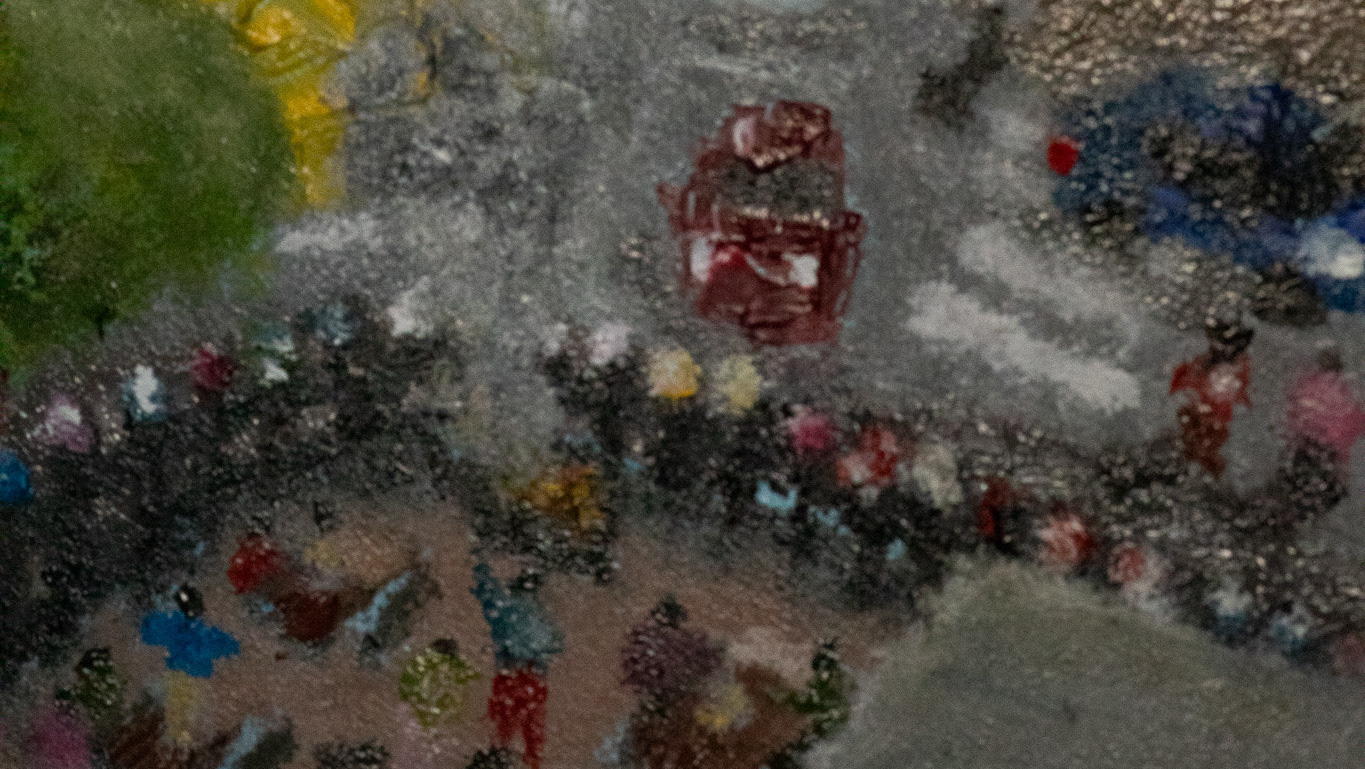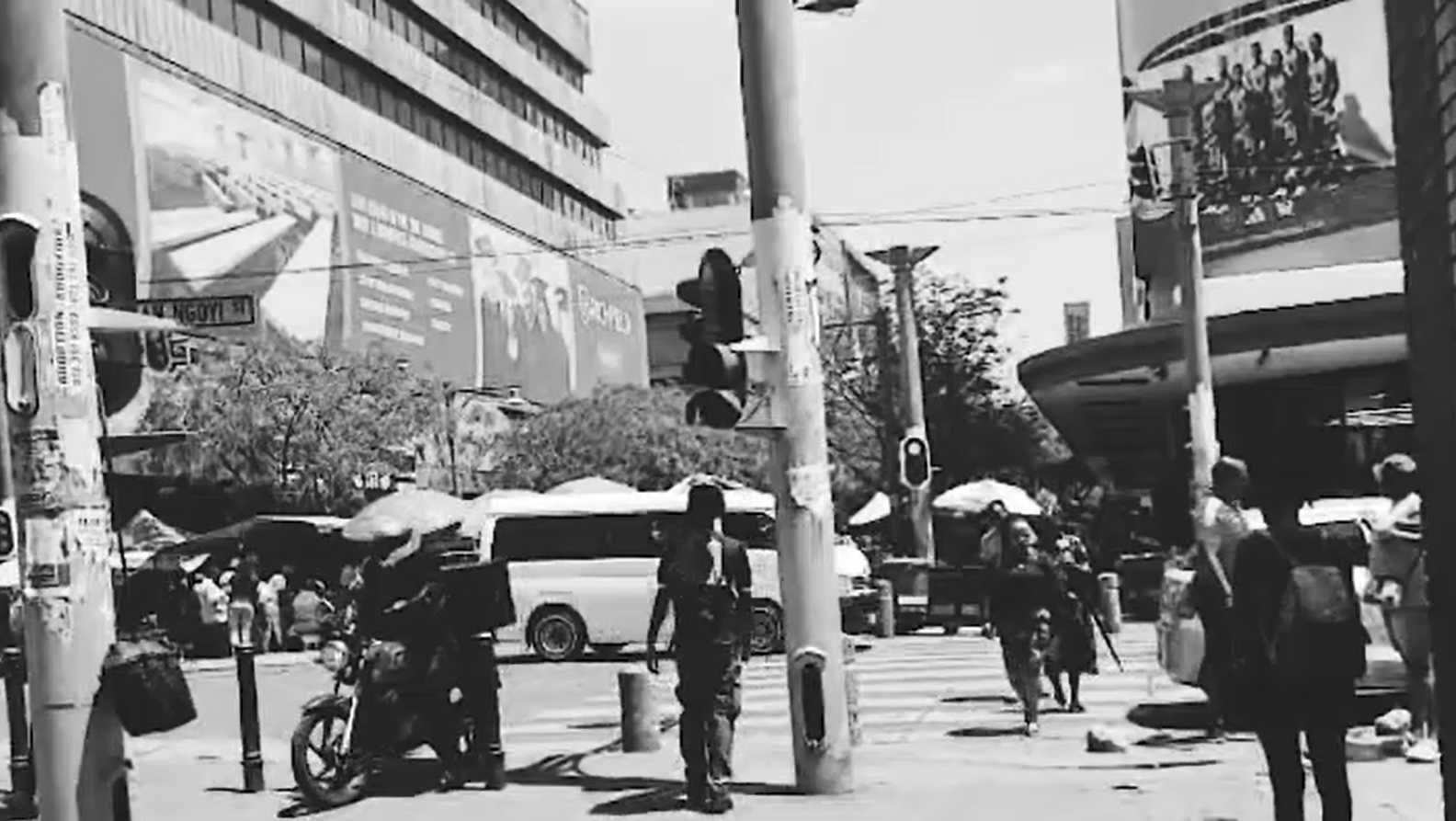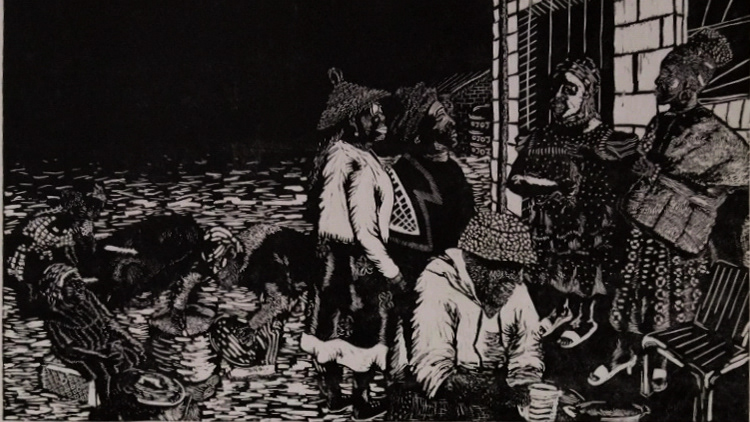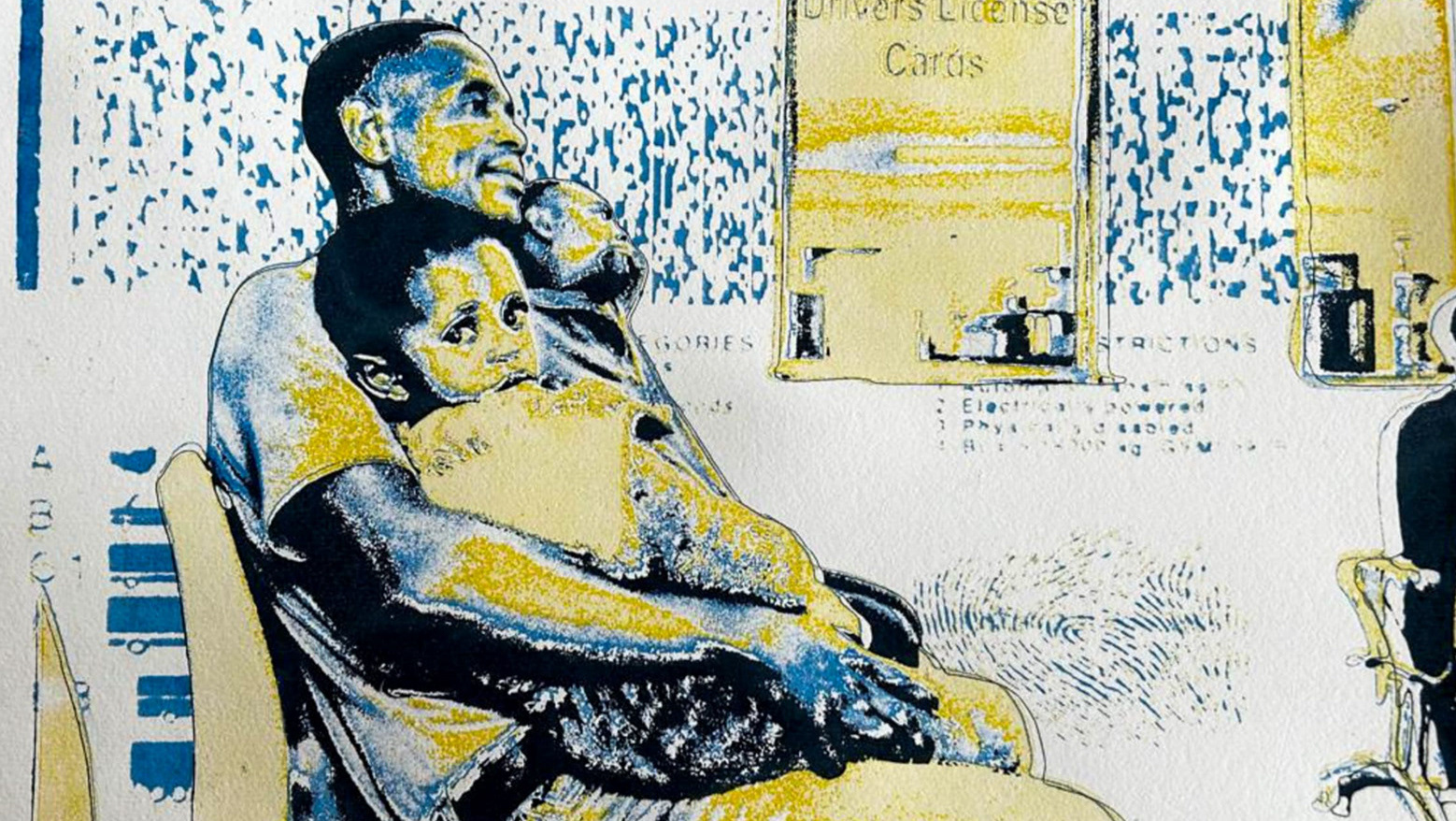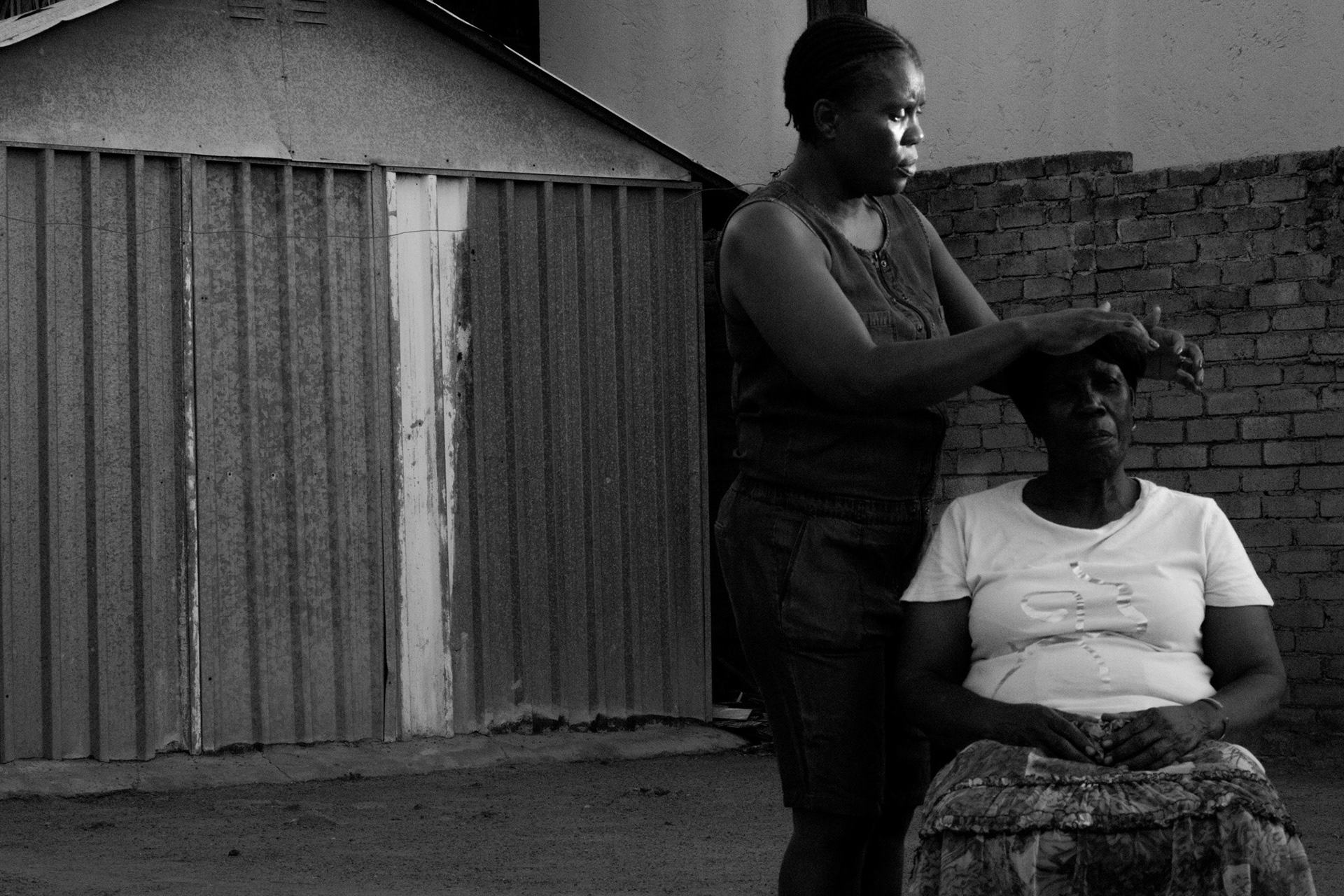
"Phumula Mama" (2024)
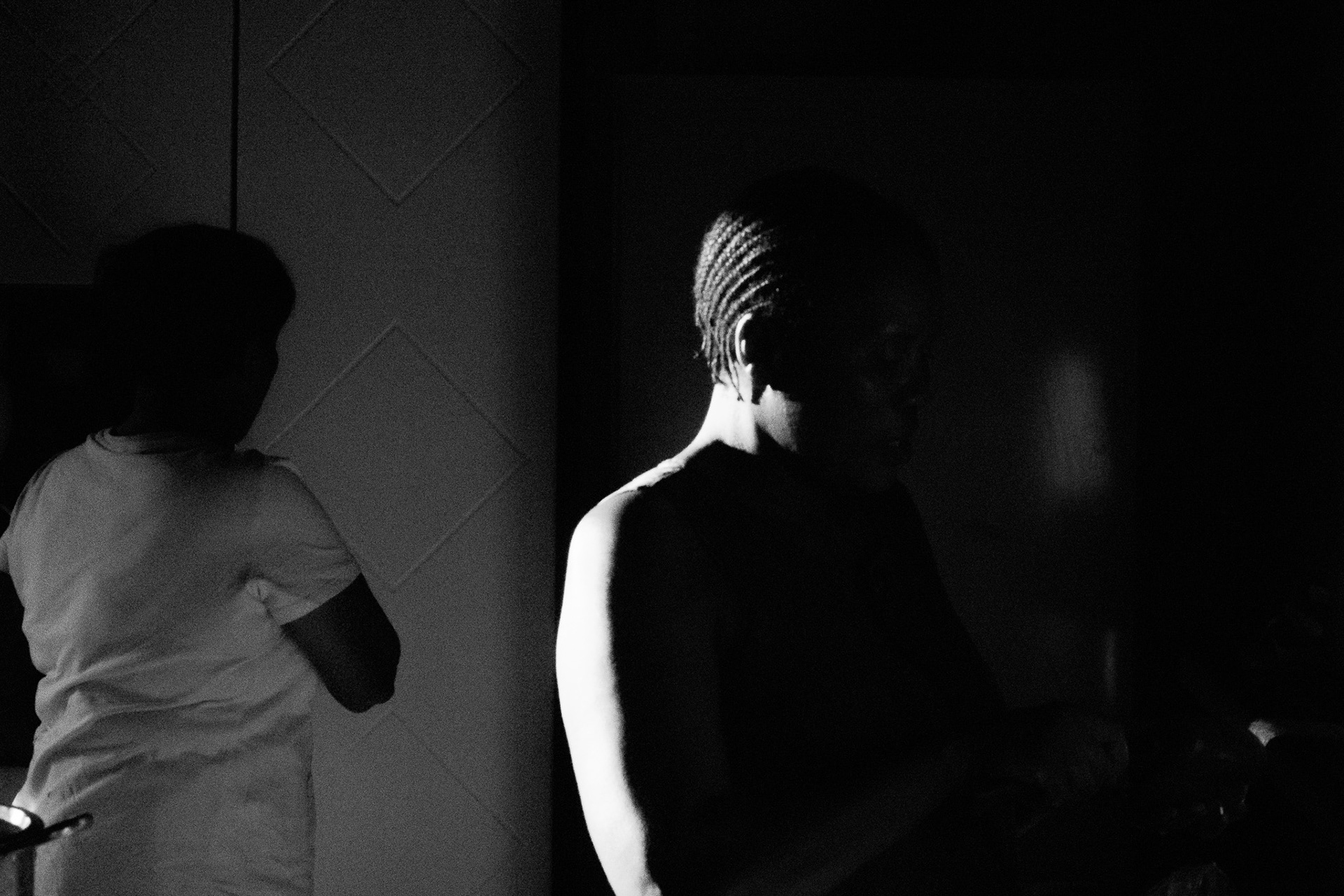
"Phumula Mama" (2024)
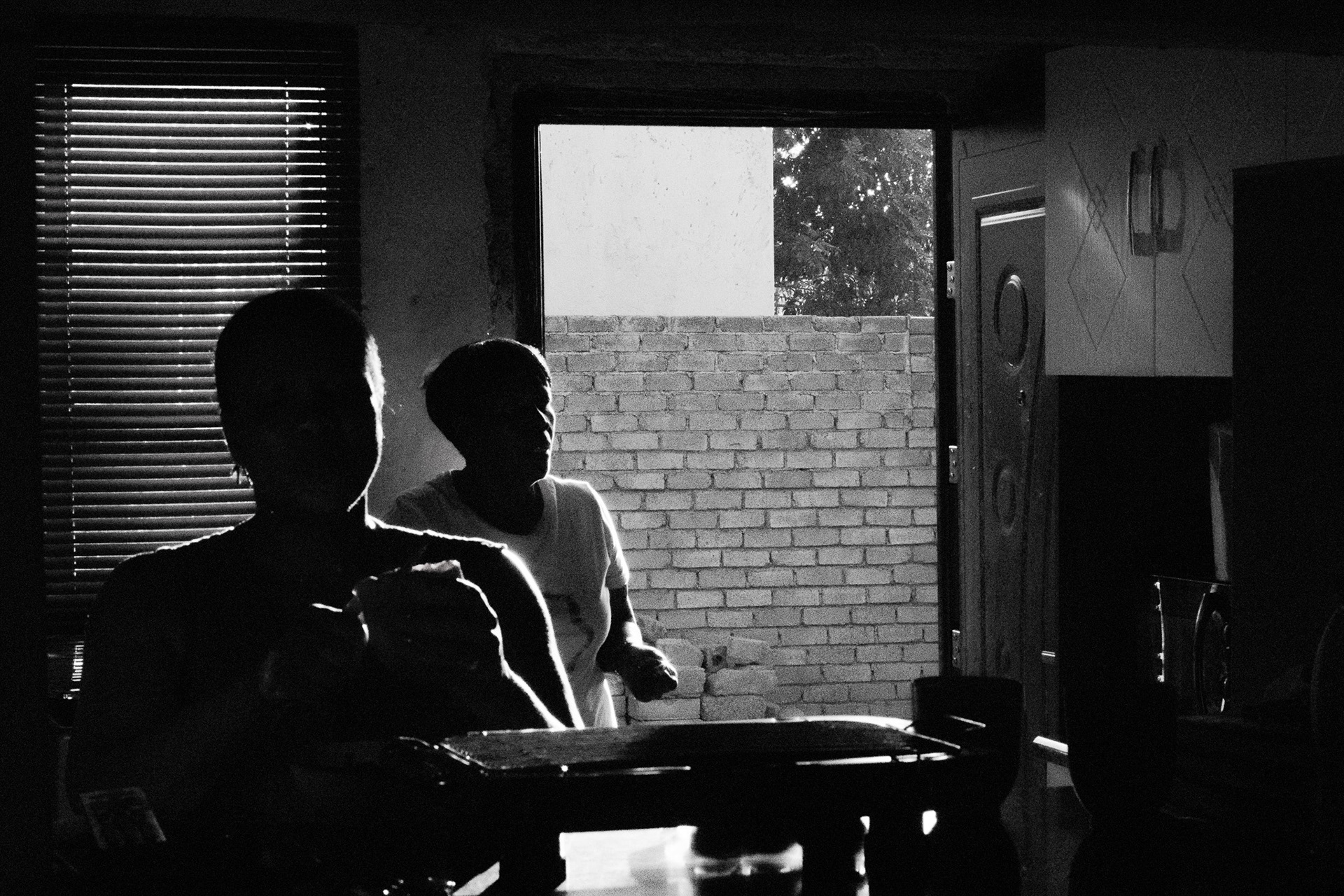
"Phumula Mama" (2024)
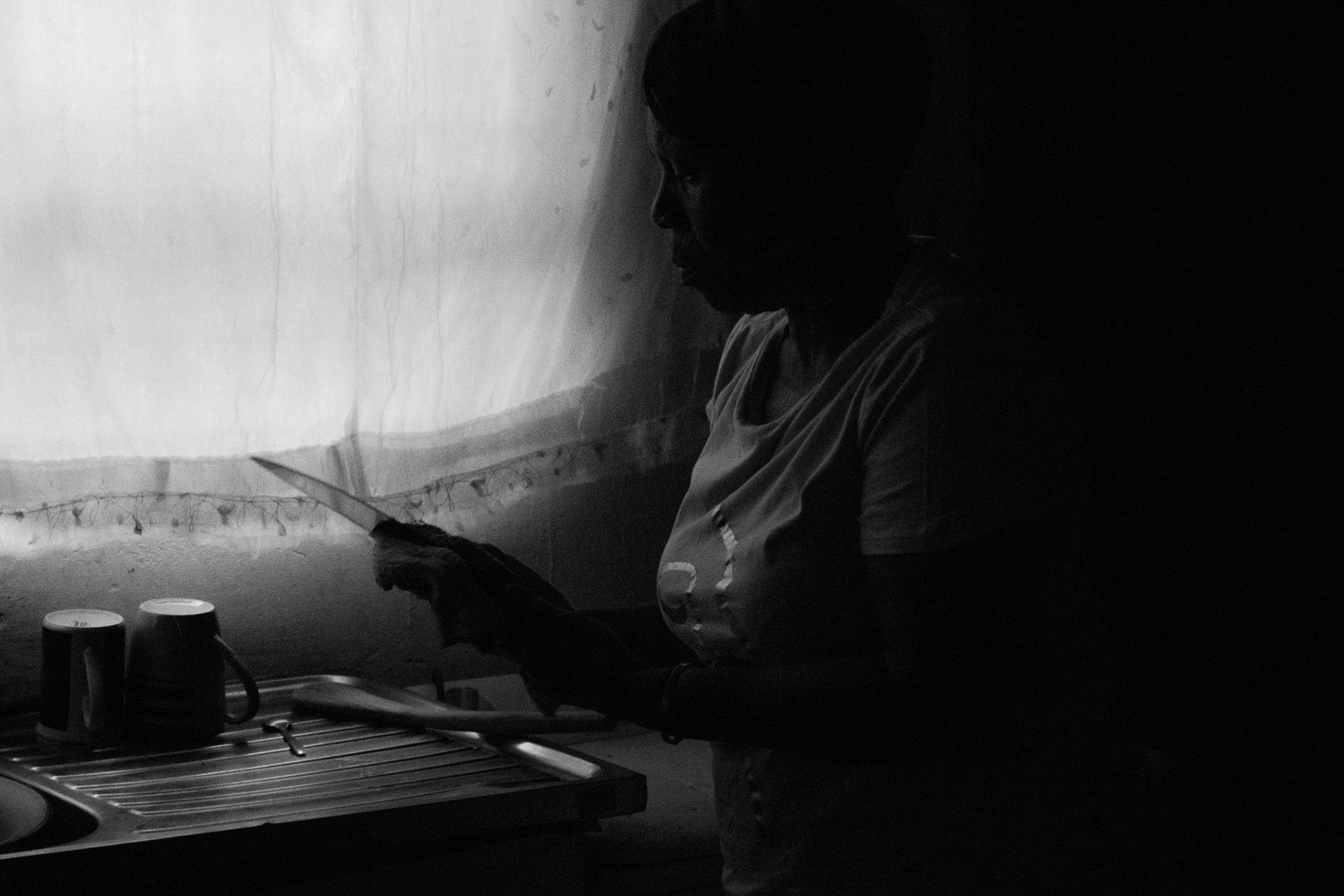
"Phumula Mama" (2024)
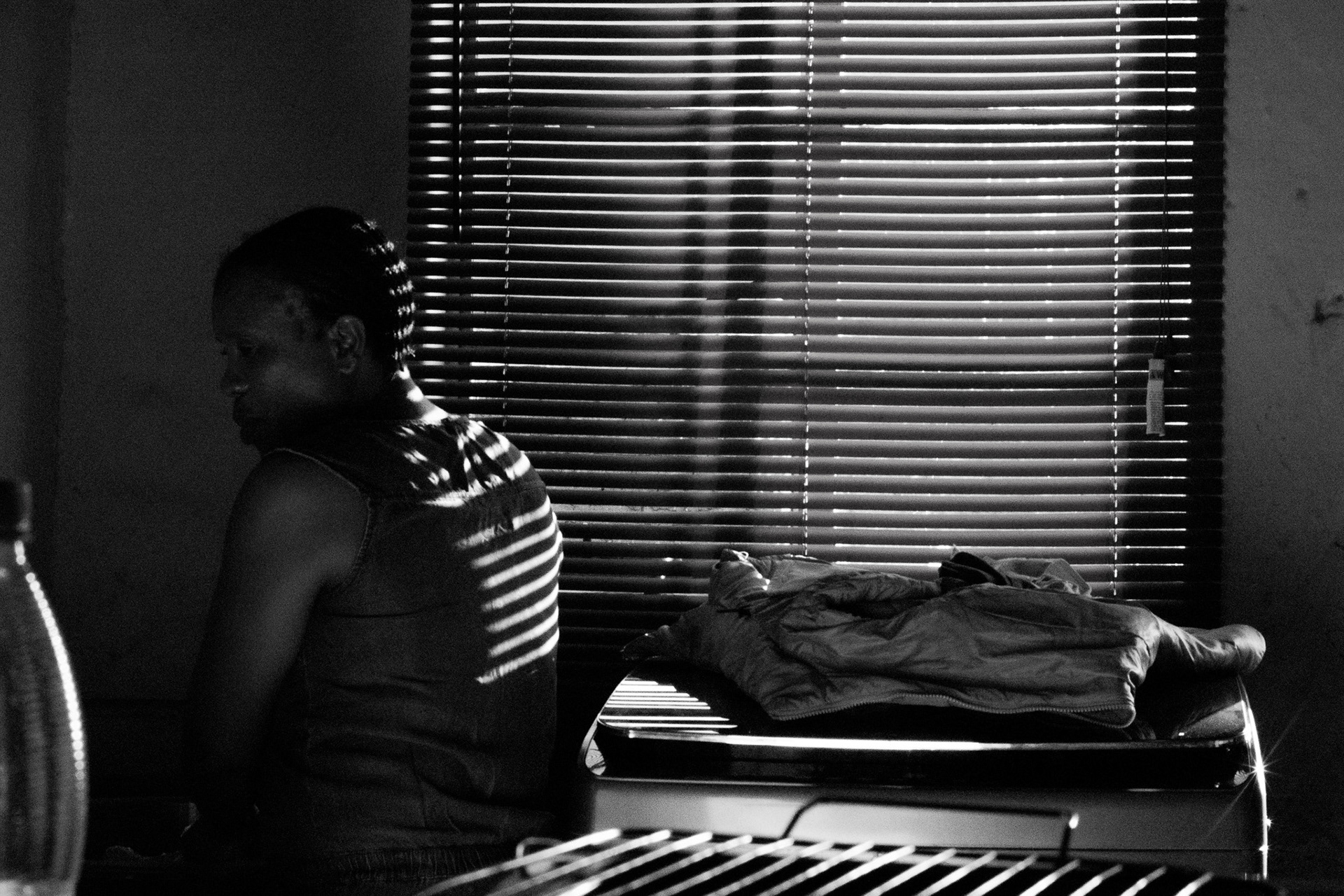
"Phumula Mama" (2024)
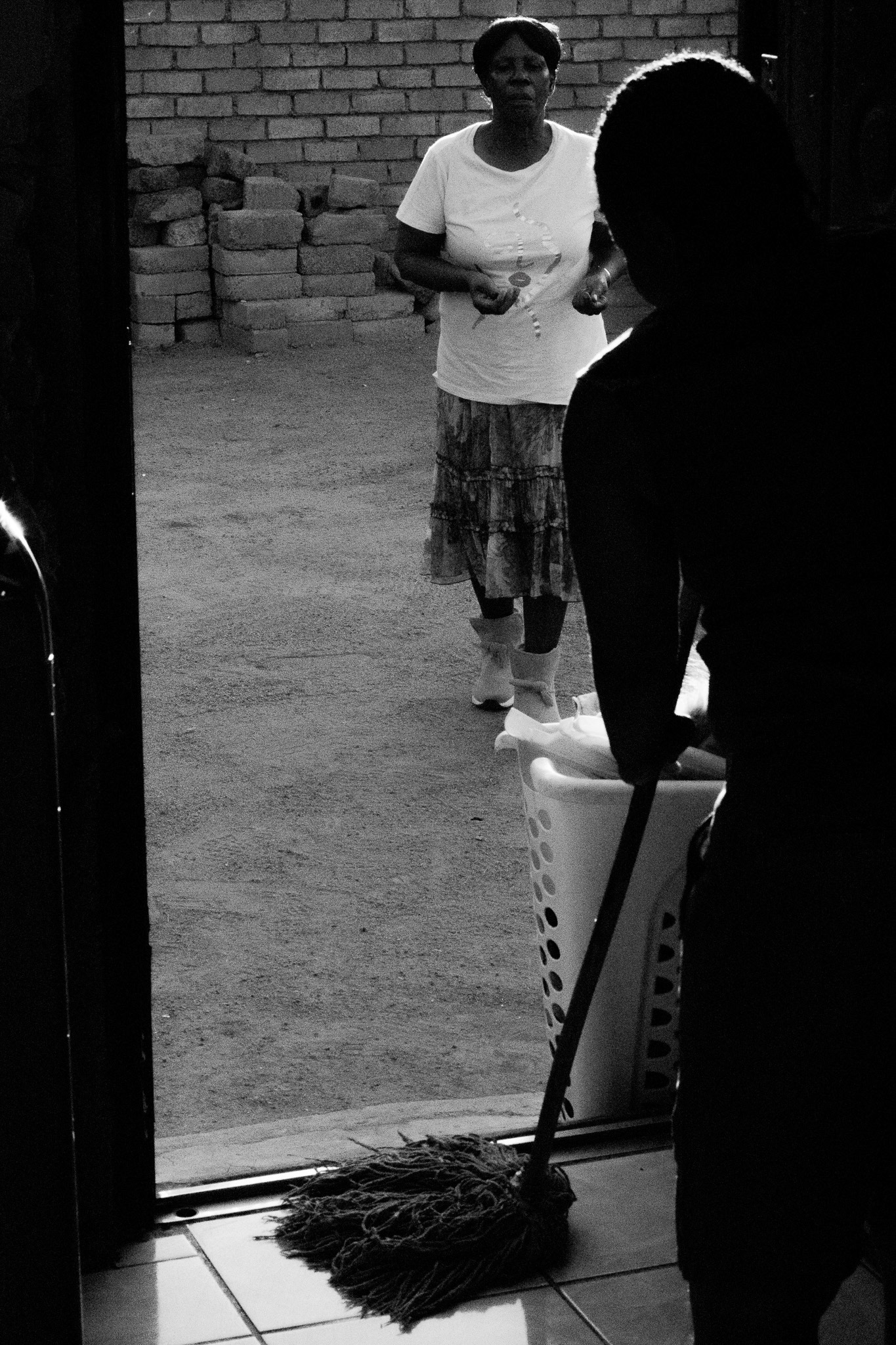
"Phumula Mama" (2024)
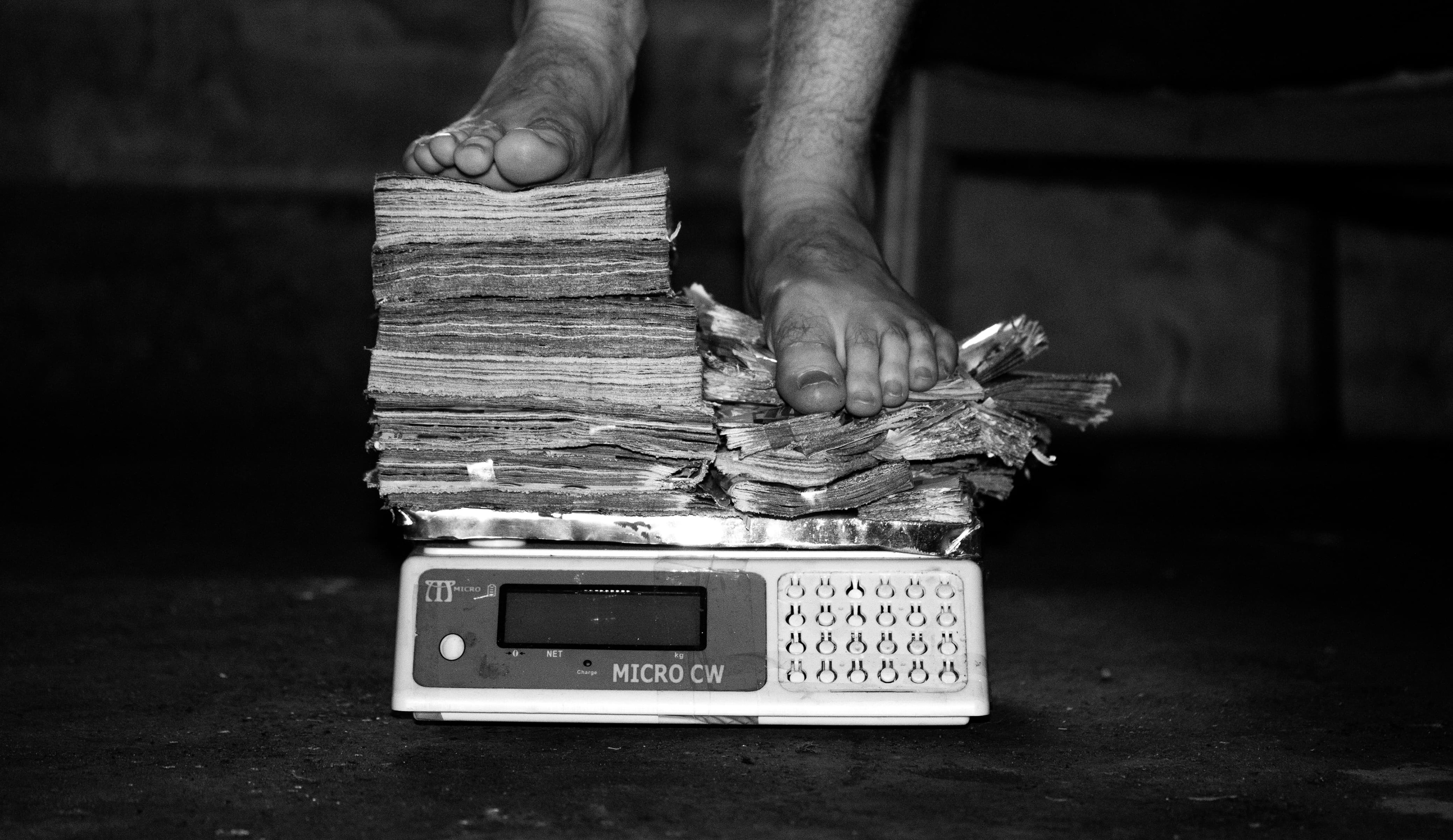
"Unbearable Yoke" (2025)
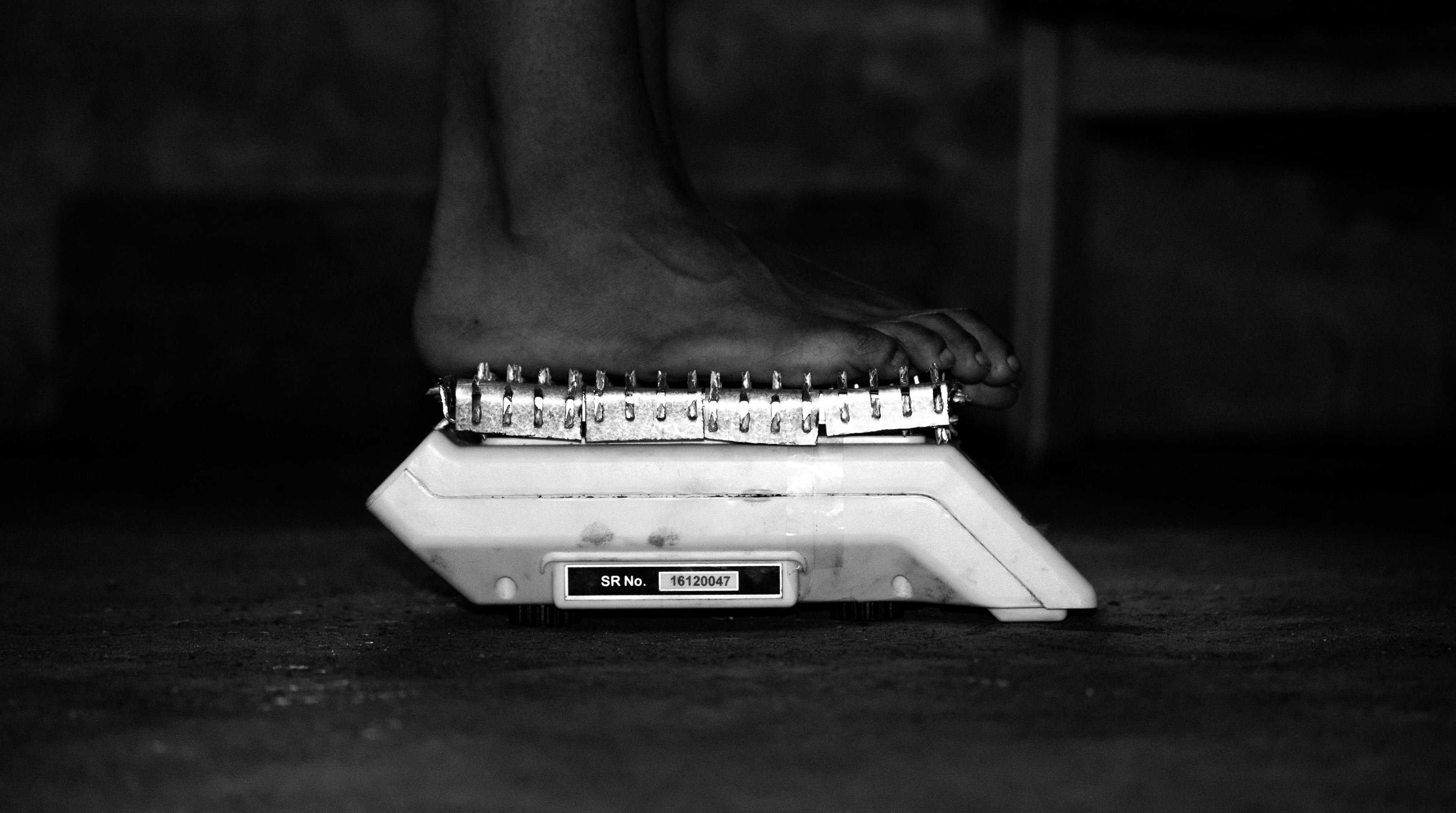
"Unbearable Yoke" (2025)
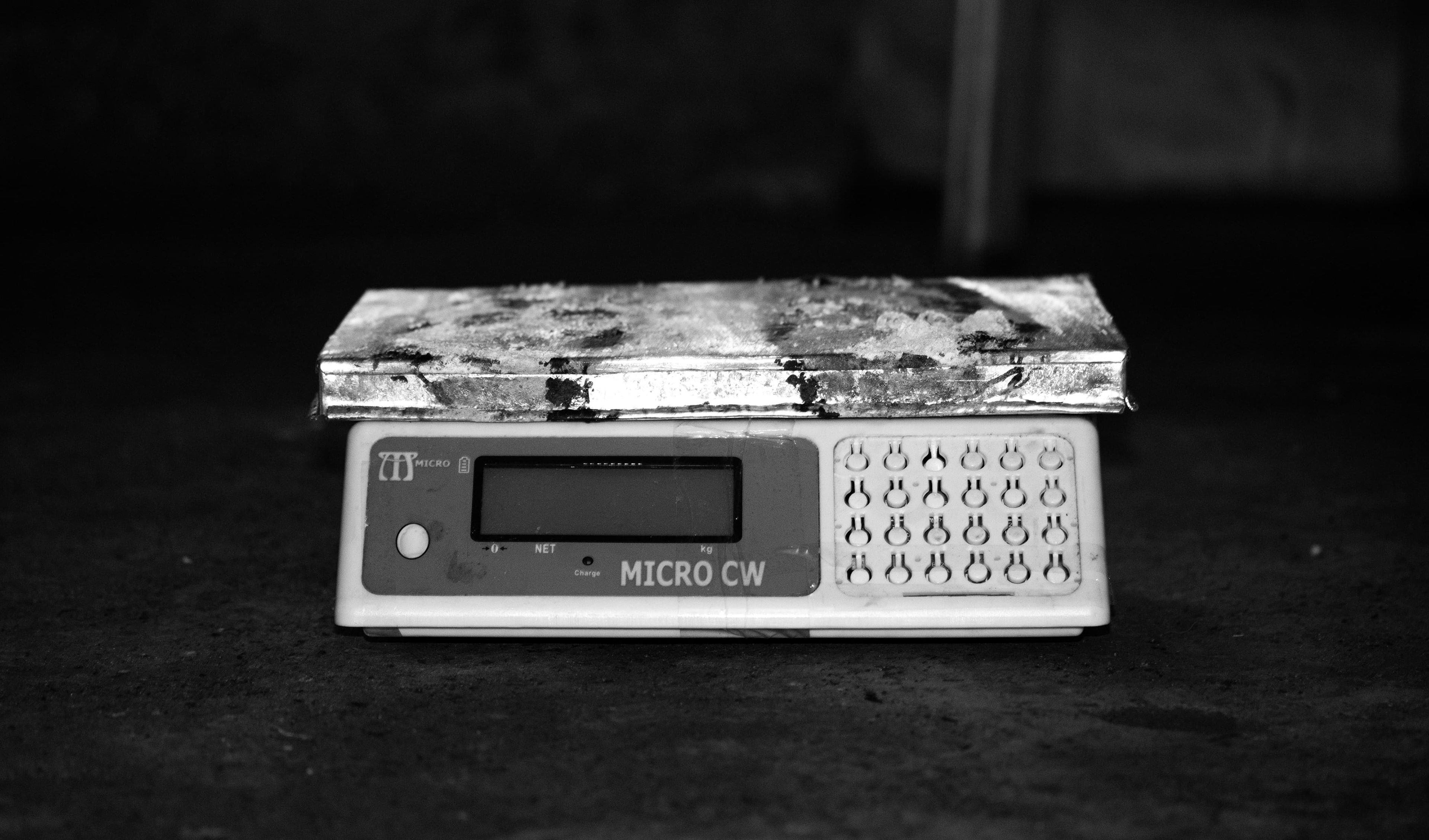
"Unbearable Yoke" (2025)
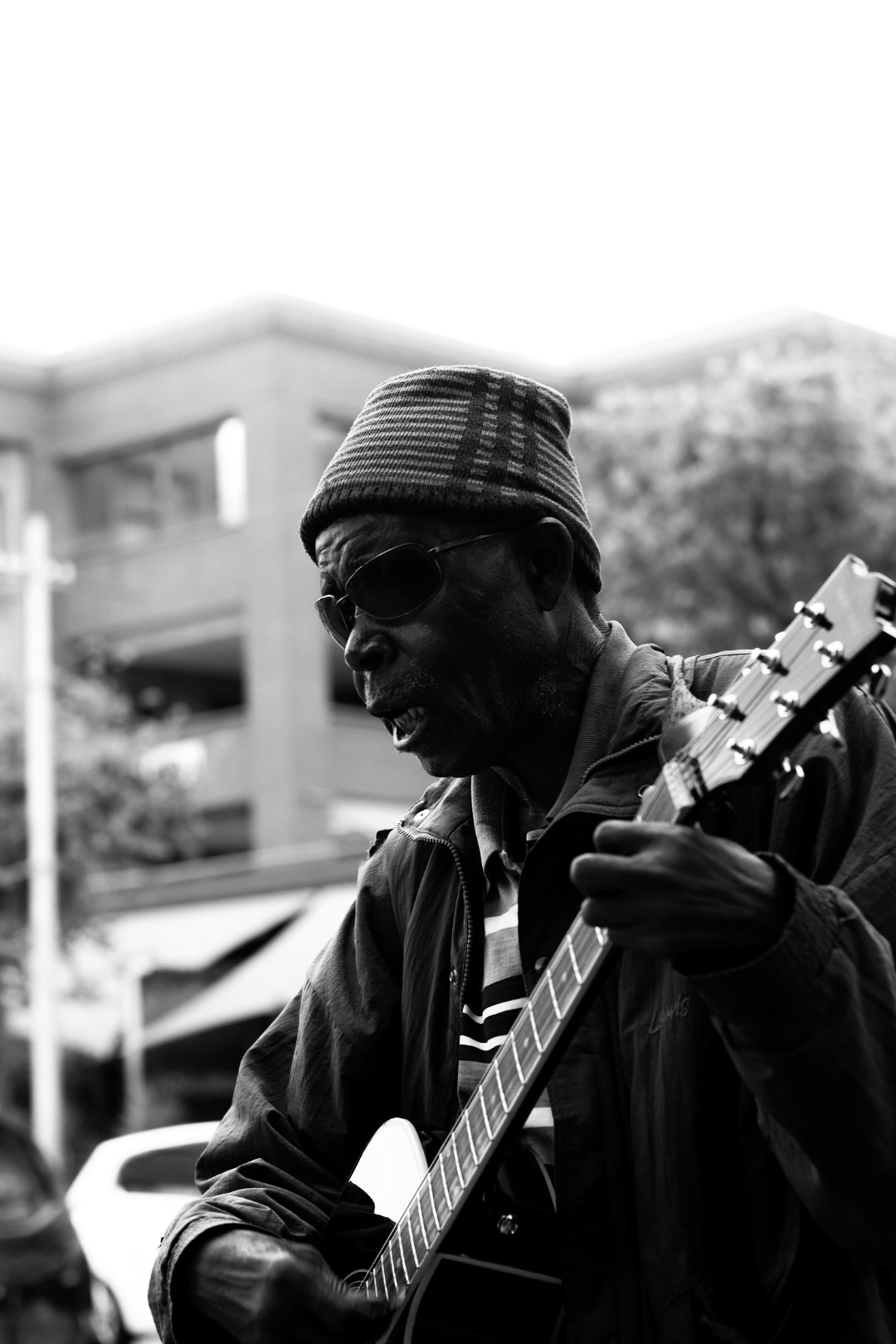
What's Left of Us (Photography Series)
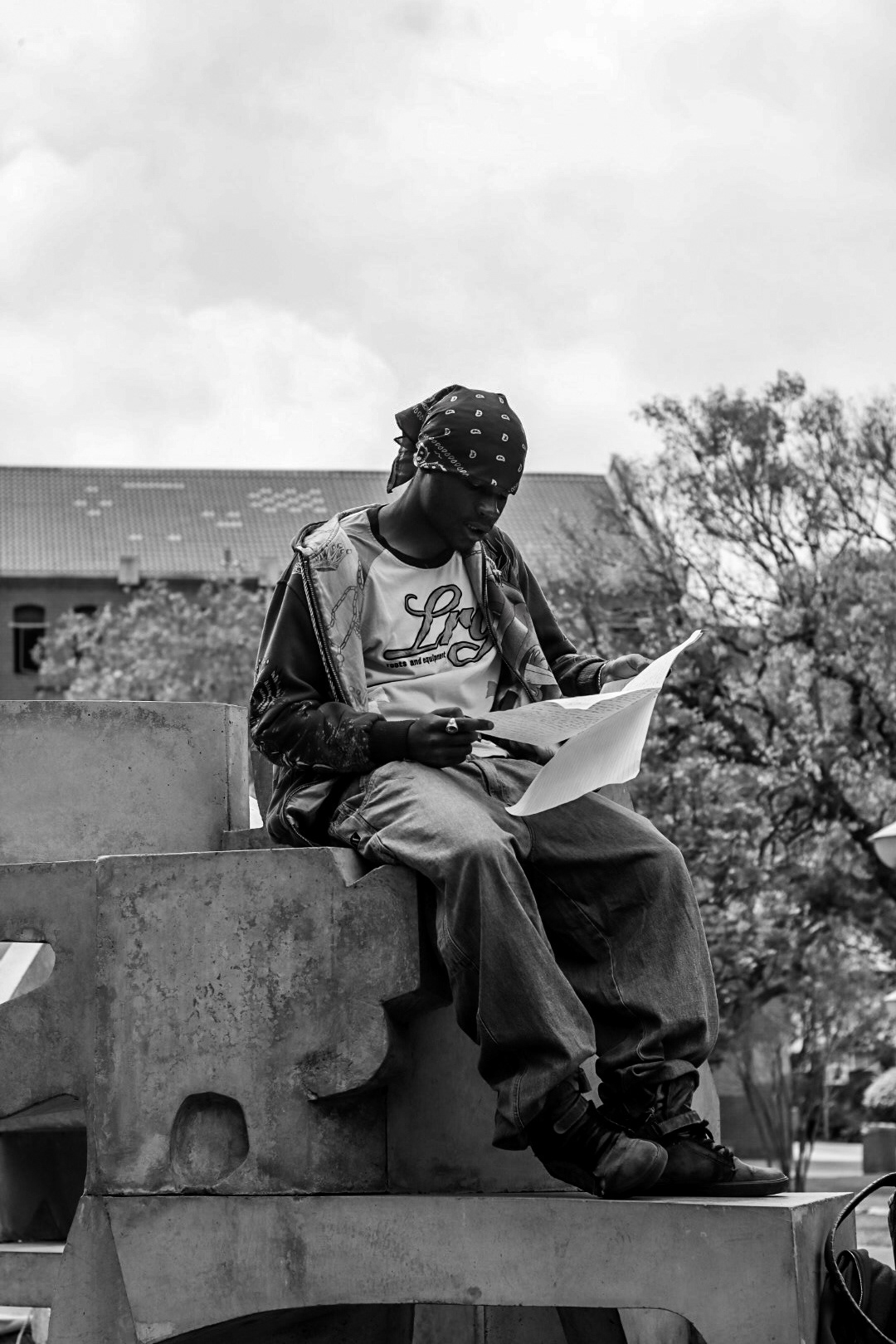
What's Left of Us (Photography Series)
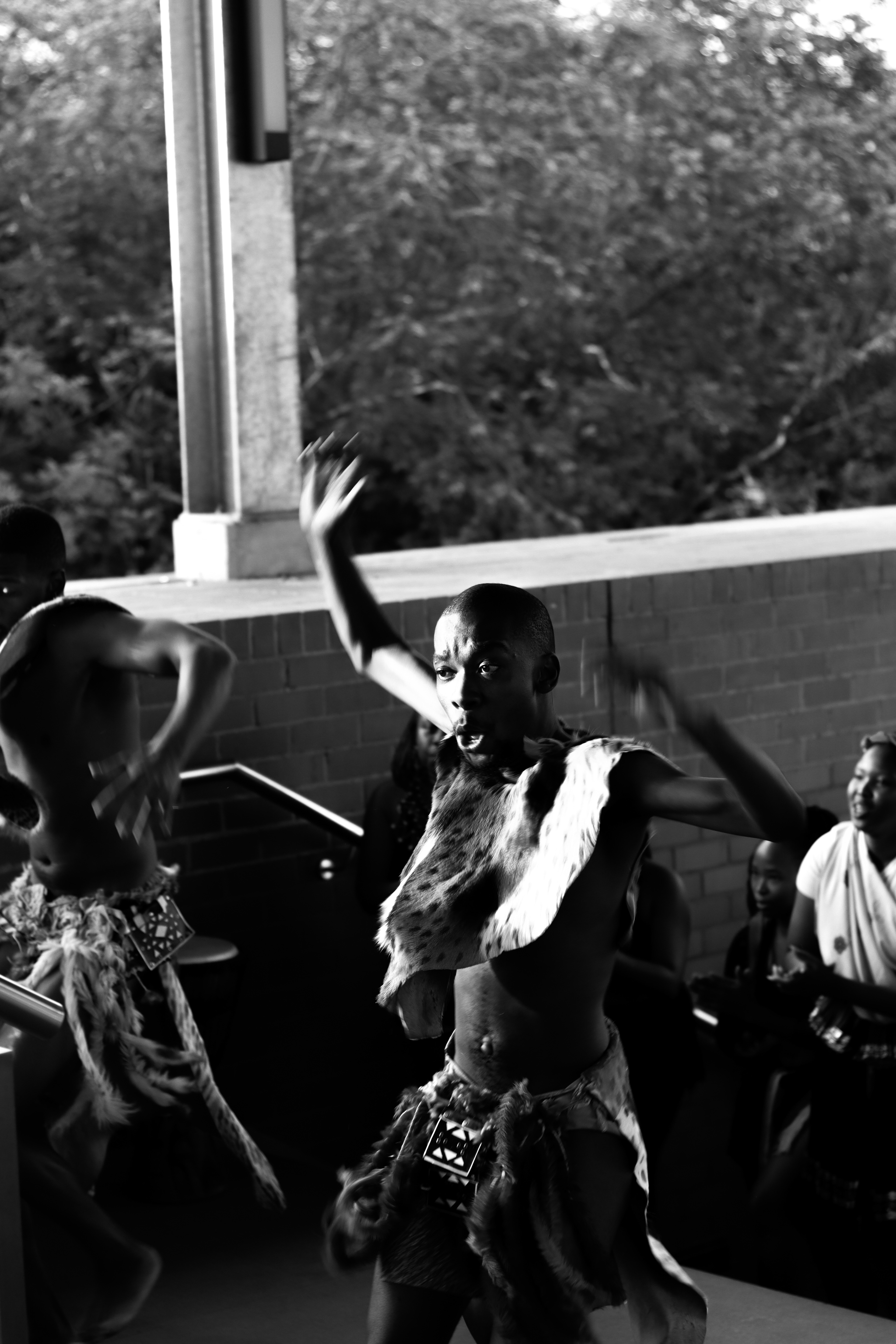
What's Left of Us (Photography Series)
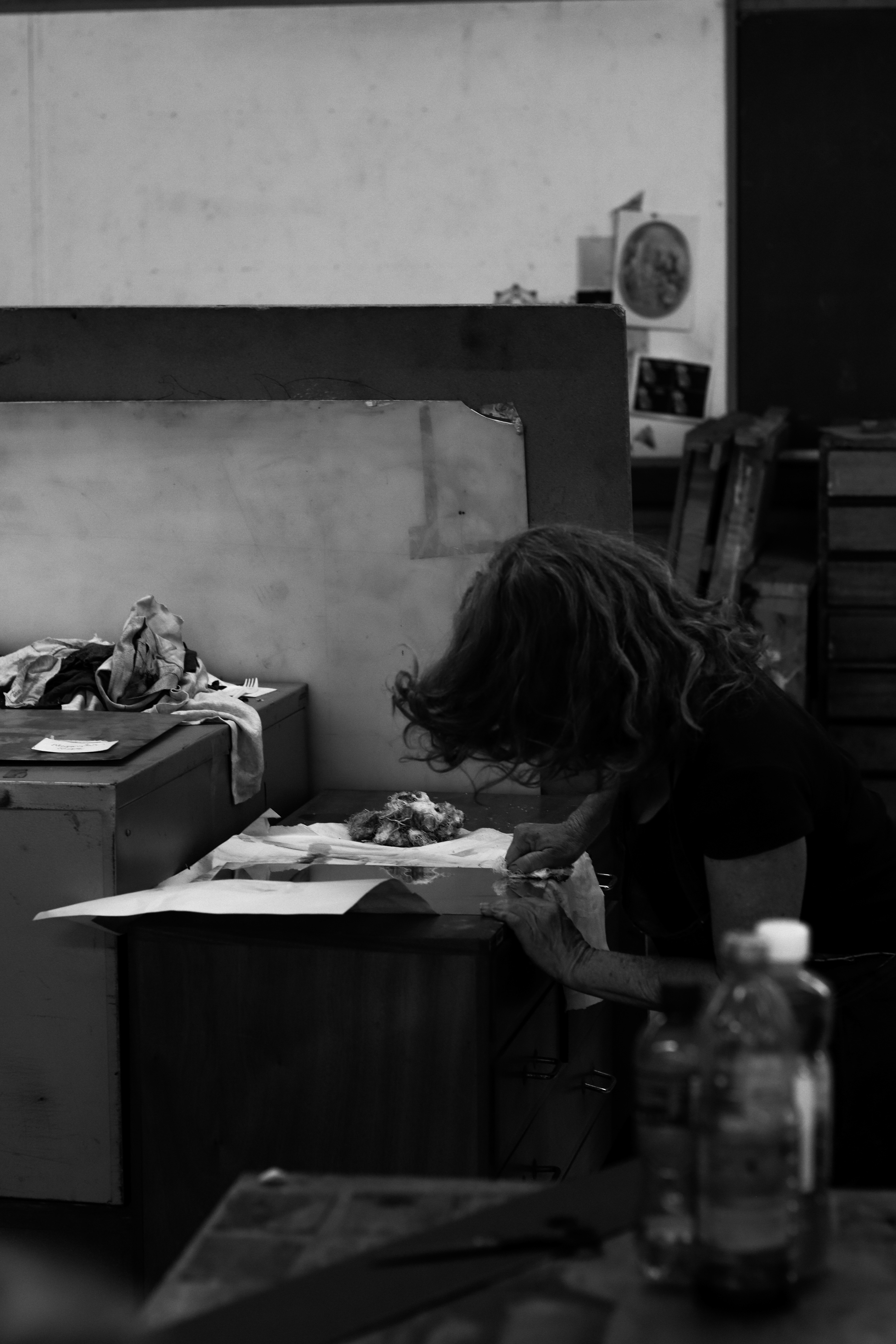
What's Left of Us (Photography Series)
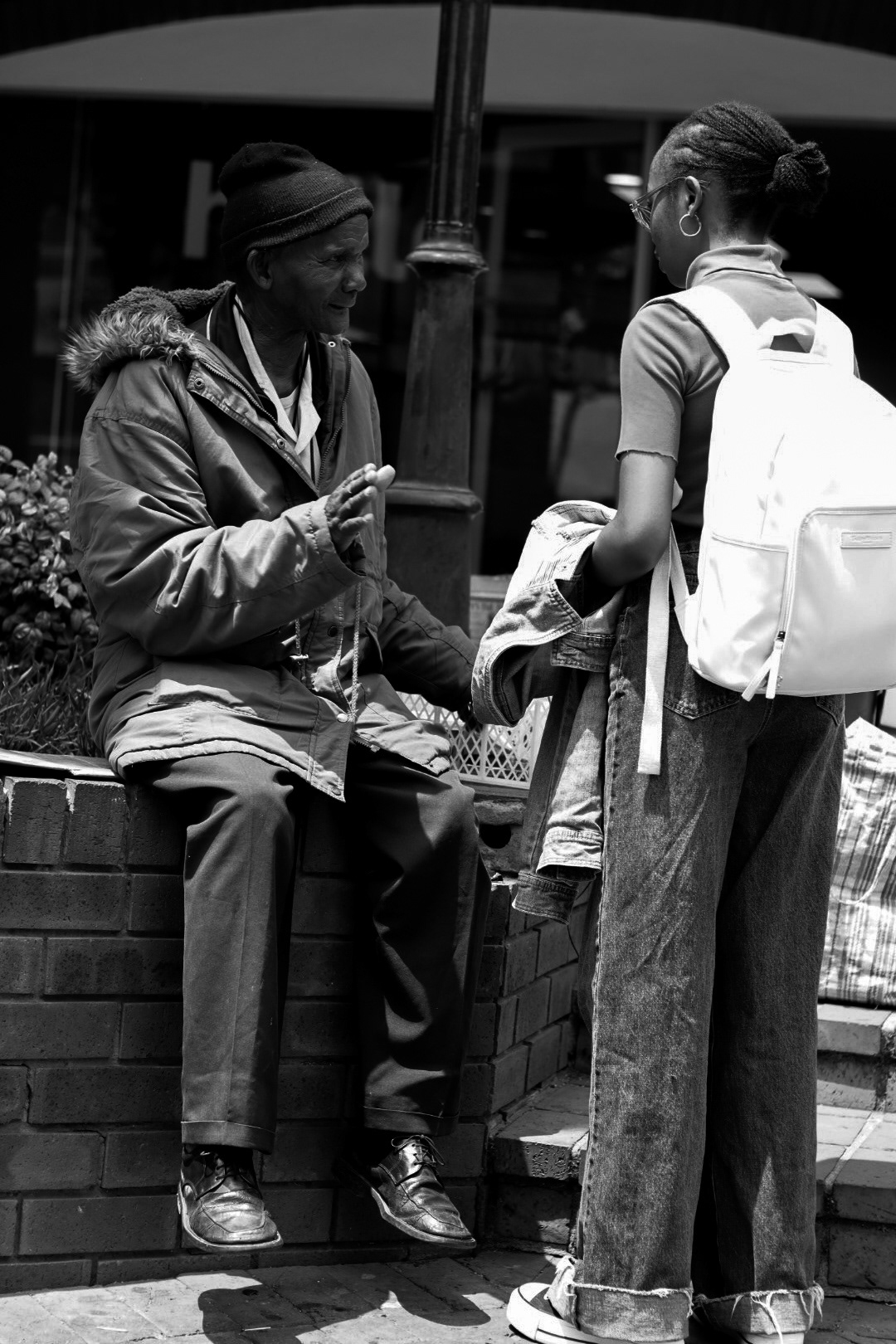
What's Left of Us (Photography Series)
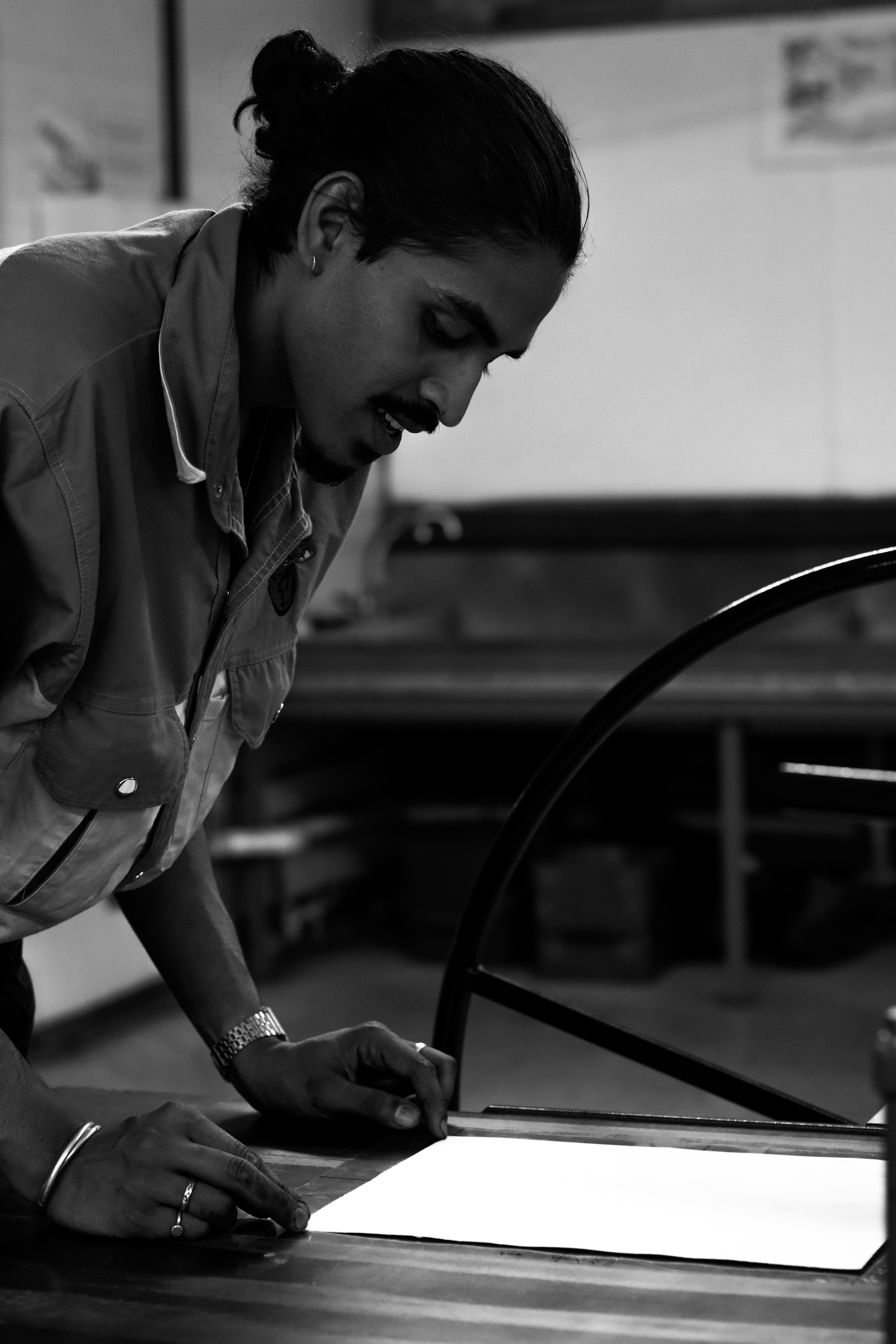
What's Left of Us (Photography Series)

What's Left of Us (Photography Series)
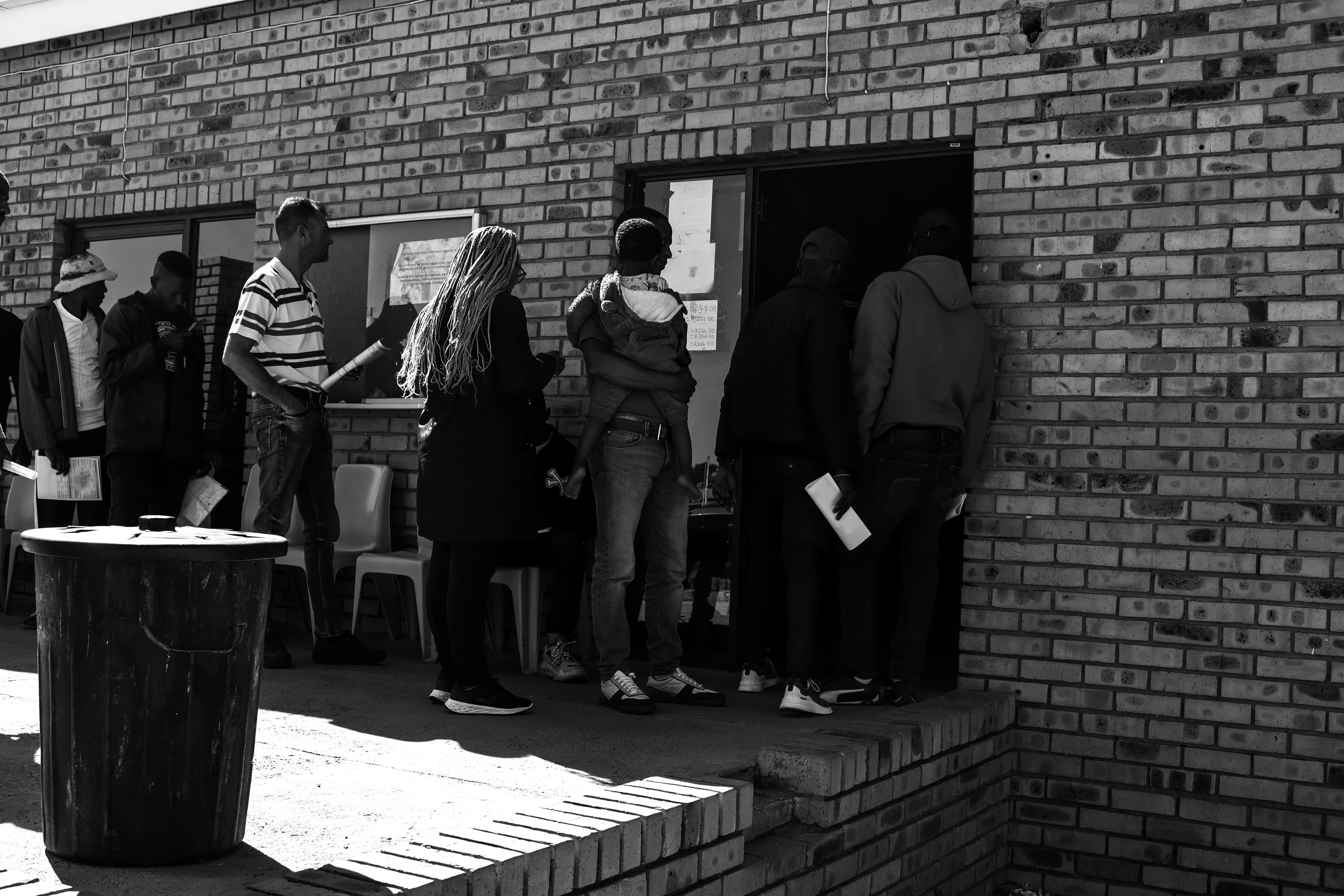
"5'tao Ene Re Fetsa Mo" (2024)
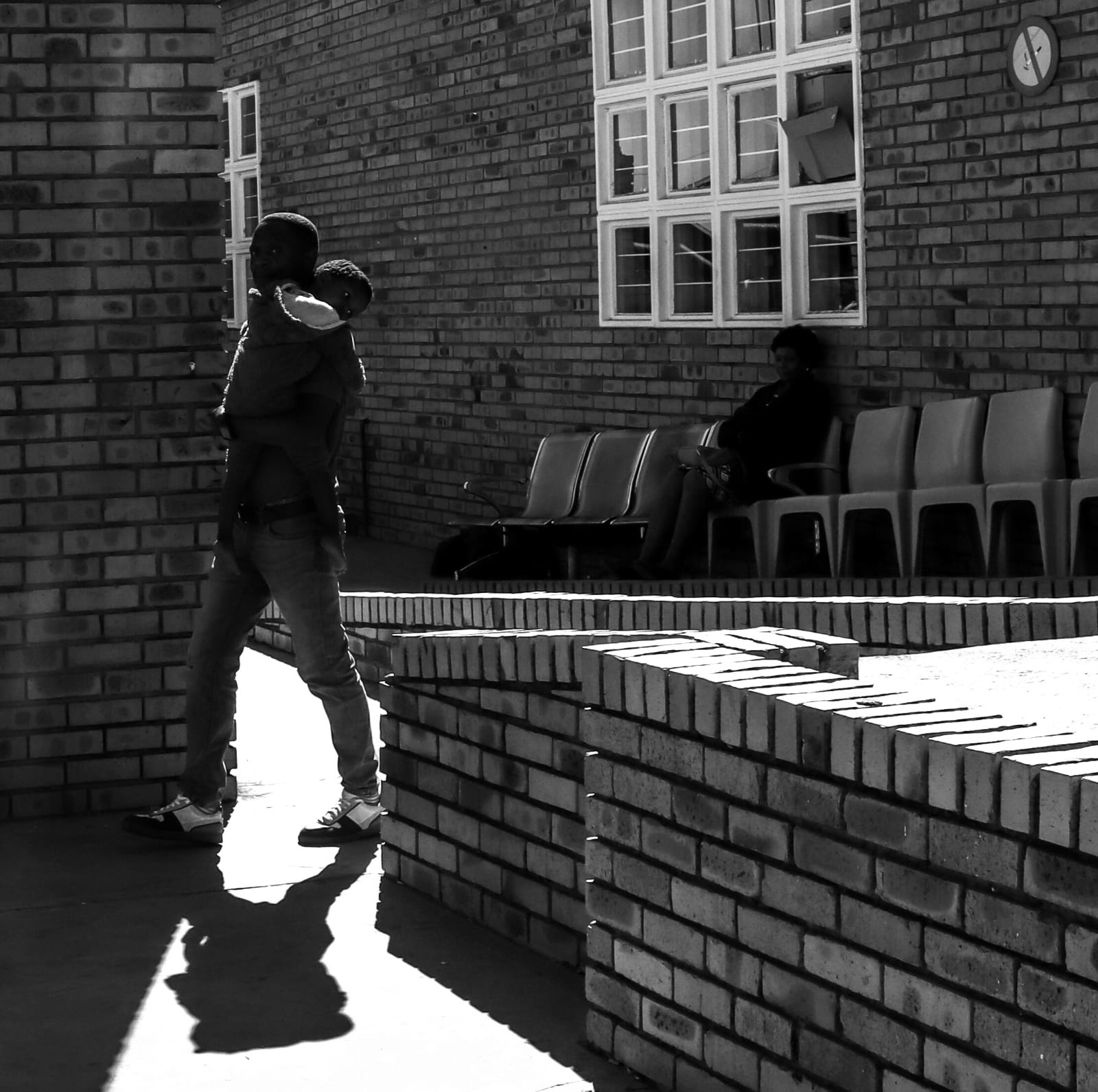
"5'tao Ene Re Fetsa Mo" (2024)
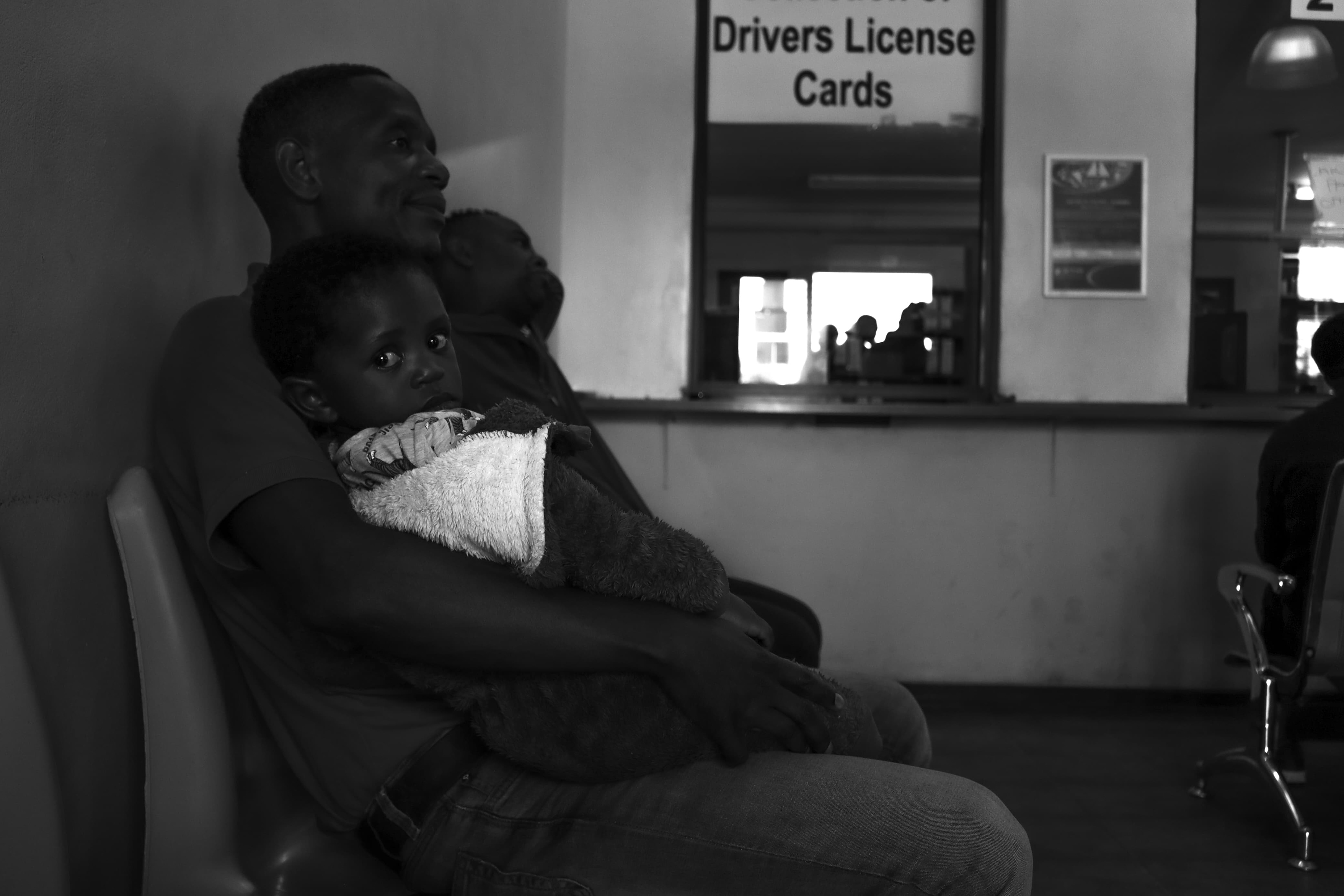
"5'tao Ene Re Fetsa Mo" (2024)
Artist Statement
"Phumula Mama" is a series of five photographs taken in various household environments that depict the contrasts between generations. The concept is focused on the economics in these contrasting time periods and how their shifts affect the different environments. The photographs display a variety of environments and domestic settings, which serve to emphasize the difference caused by the economy. We also observe the presence of females in the photographs, which draws our attention to how the economy affects women of all generations from a feminist perspective.
It leads to conversations about women's rights and economic disparity, which contributes to social stratification. The actions of the women in the photographs show a repeating pattern of patriarchal regimes; when they attempted not to notice that they were being taken, they all appeared occupied and got started to clean or cook. This is astounding given that many would anticipate the younger generation to be drawn to technology, but instead they regress to patriarchal ways of daily living, which means that no matter the changes that occur in the economy, time, or environment, women are stuck in this patriarchal regime. This situation is the reason for the title “Phumula Mama” which means “rest mother it’s okay”.
The photographs in the series all utilize the "Chiascuro" approach, which is characterized by a stark contrast between light and dark. I applied this approach to balance the subjects in the photographs, which are feminine figures and their surroundings. I also utilized the "Contre-jour" technique in some of the photographs, which involves illuminating subjects to produce a silhouette perception. I utilized this approach to conceal the identities of the figures to disturb the vibrant focal point. The human eye here does try desperately to figure out the identity of the figures but fails. When I took photographs, I increased the iso to capture an under-exposed image, which resulted in more noise in the photograph, but also gave it the documentary atmosphere I was hoping for.
